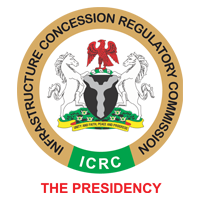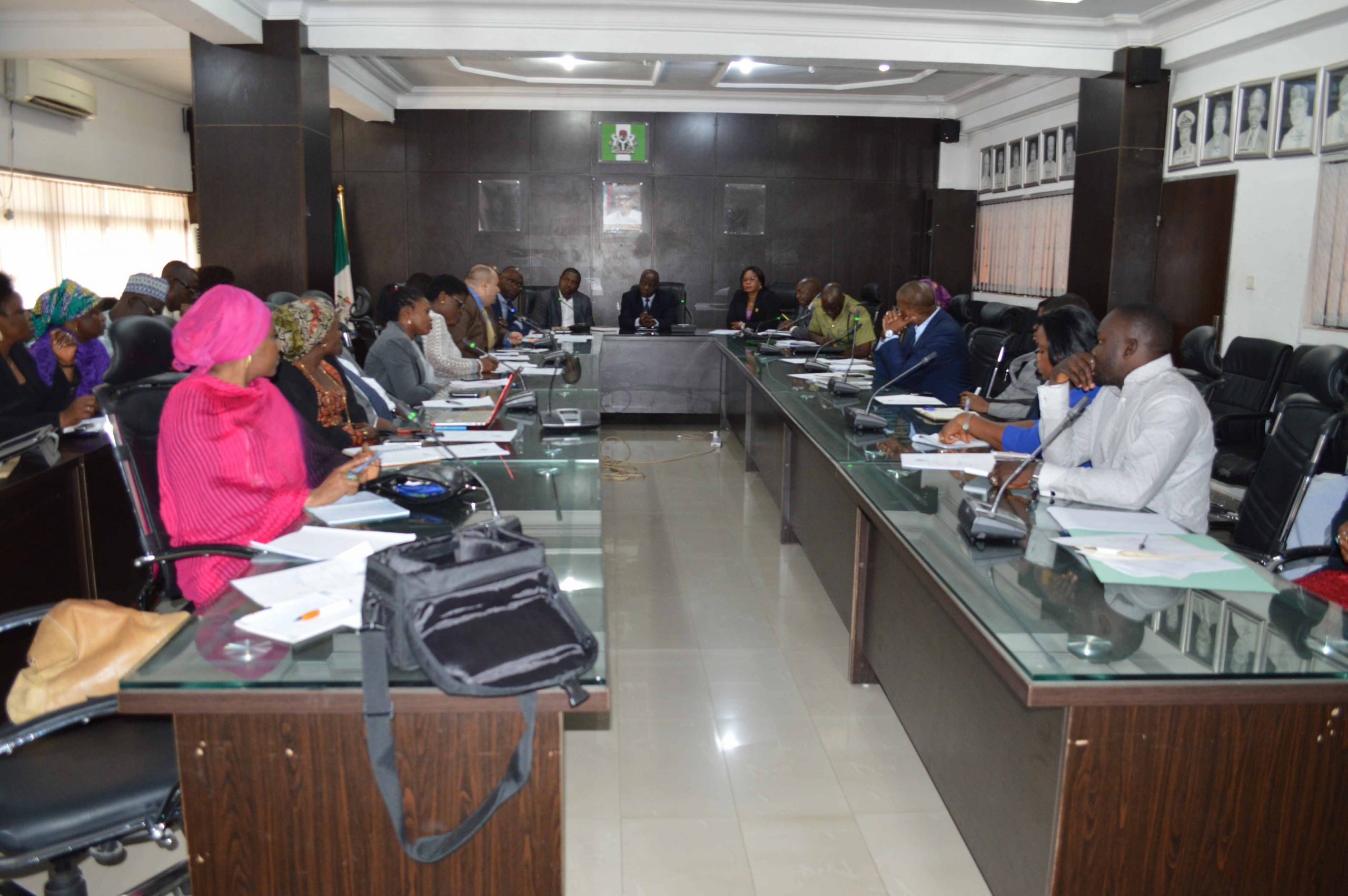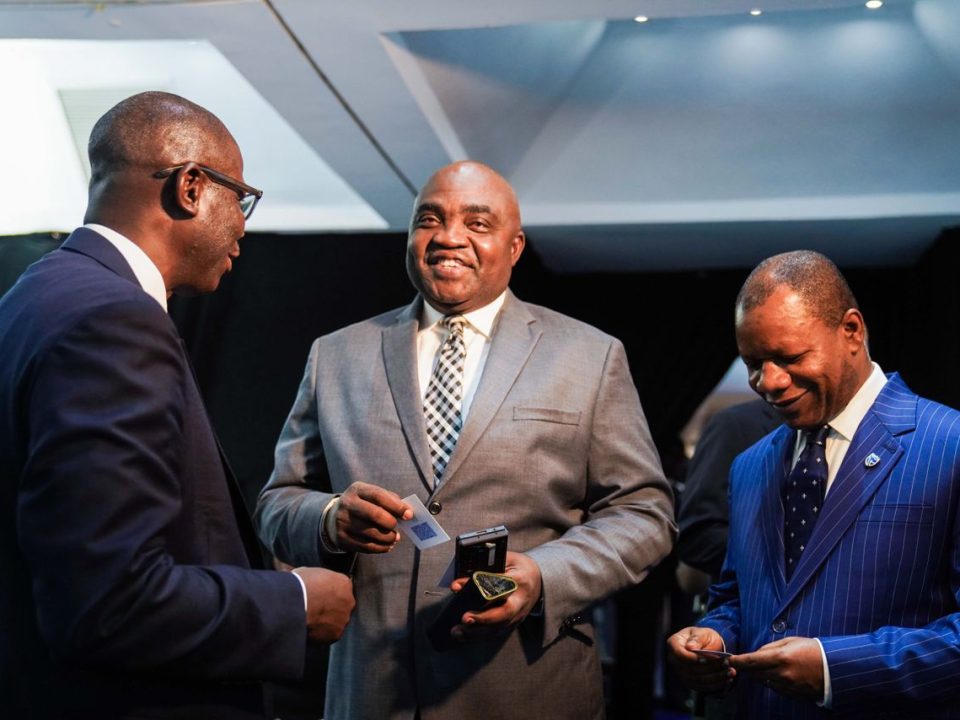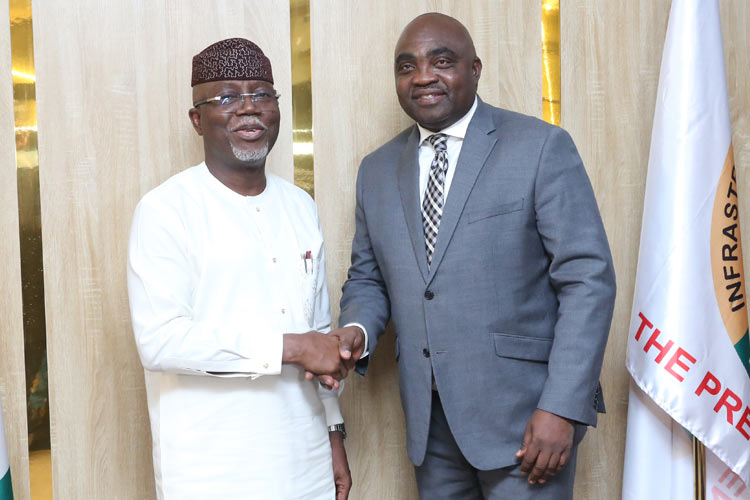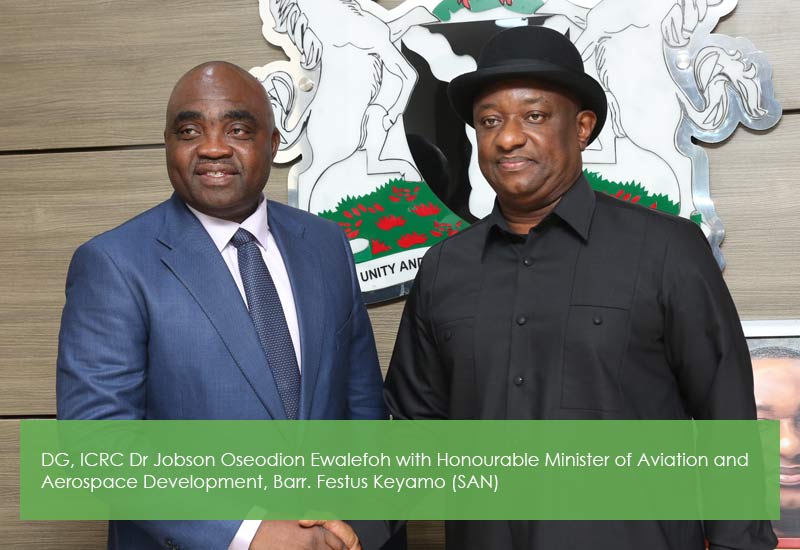REPORT OF Q2 2015 MEETING OF THE PUBLIC PRIVATE PARTNERSHIP UNIT CONSULTATIVE FORUM (3PUCF)
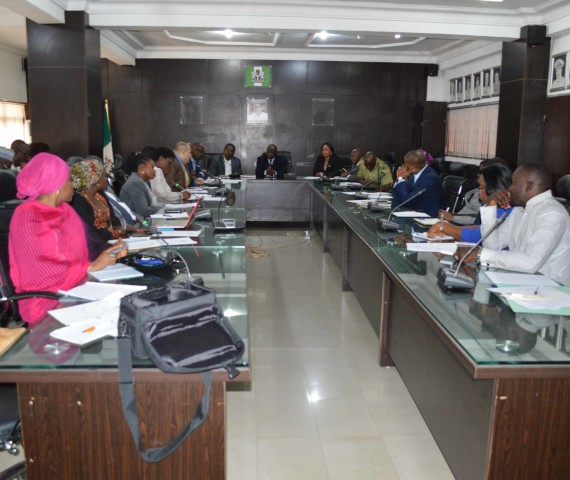
Q2 2015 MEETING OF THE PUBLIC PRIVATE PARTNERSHIP UNIT CONSULTATIVE FORUM (3PUCF)
It was another opportunity for knowledge enrichment and experience sharing at the occasion of the second quarter 2015, 3PUCF, which held on 4th June 2015 at the Federal Ministry of Health (FMoH) conference room. The forum had in attendance, over forty Heads and team members of PPP Units across several Ministries, Departments and Agencies; and some members of the private sector.
The DG of ICRC, Mr. Aminu Diko represented by Mr. Odili Onu in his goodwill message thanked the FMoH for accepting to host the meeting and members for consistently making time not just to attend the quarterly sessions but making very frank and valuable contributions during discussions. According to him: “such inputs from MDAs will help the Commission to learn more about how PPP projects can be properly implemented in the country through learning from their PPP experiences”.
Mr Diko further stated that ICRC is also continuously working to streamline PPP processes and institutionalize reforms and best practices to further enhance the legal and policy environment for private sector participation.
In his welcome remarks the Permanent Secretary FMoH, Mr. Linus Awute – represented by Dr. W.I Balami, noted that in 2014, the Ministry inaugurated a Steering Committee and the Project Delivery Team for the Abuja Medical Mall/City. The Abuja Medical Mall/City is a PPP initiative which is to provide a one stop platform for local and Diaspora health professionals to provide critical high quality specialist services to Nigerians. The project will comprise of structural favourable government service, level agreements to lease specialist clinics, outpatient clinics, ambulance and emergency care, diagnostic centres and hospital space to the Private Health Sector and Diaspora group in a coordinated schedule.
During the knowledge sharing session, Mr. Marc Shiman, the Chief of Party, for the Nigeria Expanded Trade and Transport (NEXXT) project team of the USAID gave an overview of the objective of the project. He stated that NEXTT was designed to promote inclusive economic growth through improved trade and transport competitiveness along the Lagos-Kano-Jibiya (LAKAJI) corridor; adding that it was a four year $15m programme which could provide grants of between $25, 000- $125, 000 per project as development support. Such support could be used for capacity building, project feasibility studies etc.
The second experience sharing was done by Mr. David Adeosun, Head of the Infrastructure Delivery Coordination Unit (IDCU) of the National Planning Commission (NPC). He noted that because of the multi sectoral, multi-tier and multi-stakeholder nature of infrastructure delivery, a central coordination mechanism was required hence the creation of IDCUs as the institutional hub for National Integrated Infrastructure Master Plan (NIIMP) implementation.
He added that plans were underway to set up Infrastructure Development Units (IDUs) in fourteen key infrastructure sensitive ministries in the first instance pending further steer from the Office of the Head of Civil Service of the Federation and the policy direction of the new administration. The IDUs are to be supervised by the IDCUs.
Most of the MDAs present expressed their concerns about the proposed IDUs which they viewed as a possible replication of the functions of PPP Units. They were of the opinion that such an arrangement might hamper the functionality and efficiency of the PPP Units and expressed their reservation to the NPC representative.
